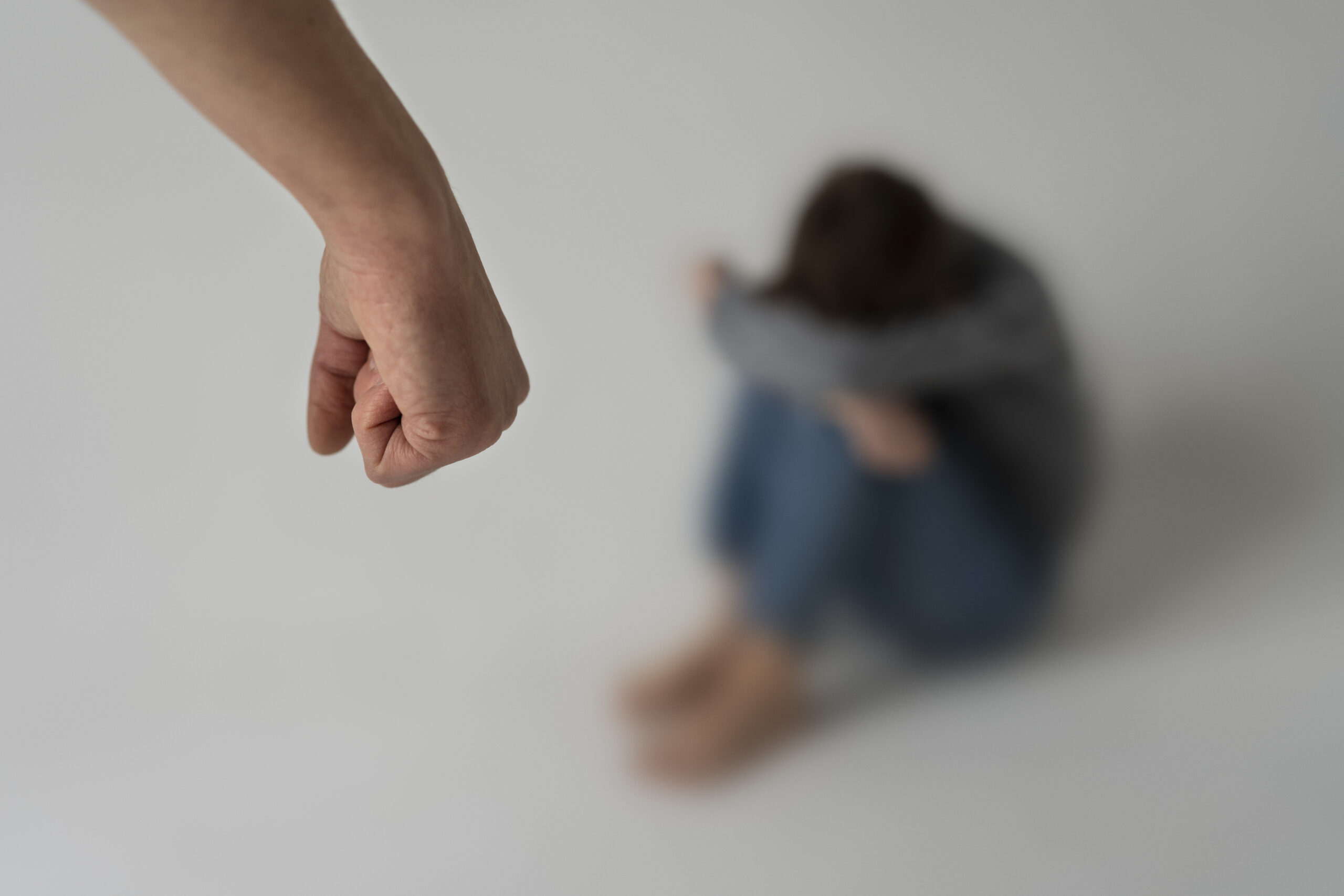EIGHT DIE, THREE SURVIVE! I am one of the survivors
The World Health Organization (WHO) estimates that motor vehicle crashes globally kill about 1.2 million people annually and the number is
The World Health Organization (WHO) estimates that motor vehicle crashes globally kill about 1.2 million people annually and the number is set to rise to two million by 2020 unless new safety measures are taken. In Kenya the number of road carnage victims has been on the increase year after year. Thirty-year-old Damaris Kamau, who survived a road accident six years ago, recounts her ordeal to ROSEHILDA KAMANGA.
The almost concealed scars on her face don’t give a pointer to the fatal accident that Damaris Kamau survived six years ago. Her road to recovery has been characterised by pain, as well as emotional and spiritual turmoil that she has now learnt to cope with.
December 7, 2008 was meant to be a happy day for Damaris and her friends, majority comprising of her workmates. They were looking forward to their colleague’s house warming party. “We spent a lot of time in the office with my workmates and I thought it would only be courteous to honour my friend’s invitation to her house warming party,” says Damaris who at the time worked at Equity Bank on Mama Ngina Street as a Relationship officer.
Before getting this job, Damaris had hoped to find one in Nakuru so she could be close to her family and close friends. Since she didn’t know many people in Nairobi, her colleagues became her buddies and they spent a lot of time together, at work and outside work.
To transport people to her new house in South B along Mombasa road, her colleague had organised a 14-seater matatu. The guests were to leave from a designated point in the city centre at 7.30pm but Damaris was late and therefore missed the ride.
“I got a ride from a friend who was going in the same direction and got to the party when it was already up and going. Most people were happy in conversations or dancing and I joined in. The food and ambiance were breath taking and we were all having such a good time,” says Damaris.
The host had organised the same matatu to ferry people back to their homes but since the turnout at the party was more than expected, the arrangement was for people to leave in groups depending on where they lived. Damaris was in the first group to leave, which comprised of her six colleagues and four other people they had met at the party. They left the party at 3am.
“Twenty minutes after leaving the house, our driver was attempting to overtake a matatu along Mombasa road when we got involved in an accident. A trailer made a wrong entry and hit our vehicle, which was again rammed from behind by another matatu following us,” Damaris explains the accident that changed her life forever.
Damaris lost consciousness soon after the impact and when she came to, she was lying in a hospital bed at Kenyatta National Hospital (KNH) where good Samaritans had ferried most of the accident victims. She suffered severe eye injury and a fractured hand. She also had a dislocated hip, which was excruciatingly painful.
After the initial treatment at KNH’s emergency room, paramedics transferred her to the Aga Khan hospital. She underwent an emergency operation and was later transferred to the intensive care unit (ICU) where she remained for a week. Up to that point, she didn’t know what had happened to her and why she was in hospital.
It was only when she was recuperating at the general ward that she began putting the pieces of the puzzle together. She recalls being surprised at the presence of her family members by her bedside and enquired from them why she was in hospital. Though they told her she had been involved in an accident, they didn’t say much and when she enquired about her colleagues, they didn’t give any definite answer.
“They only told me that one of my colleagues was admitted in the same hospital. Though I wanted to go and see her, I couldn’t because my face was bandaged, my right hand was on a cast and my left leg was immobilised. I was on regular painkillers to help me cope with the pain I was suffering,” says Damaris.
Damaris underwent an eight-hour facial reconstruction surgery after three weeks. “I came from theatre with a drip on my hand and feeling so dehydrated. When the bandages on my face were removed, I was shocked to see the visible scar across my face and wondered how I would cope with life with my face so disfigured,” says Damaris.
When she was well enough to move from her bed, she asked if she could see her colleague but was informed she had been discharged. She felt alone and insisted on knowing what happened to the other people who were in the car with her. It was when she was informed that she was one of three survivors of the accident where eight people died that reality hit her. She no longer had reason to worry about her scars or even her own pain, knowing that people had died- gone forever. She realised how fragile life could be and why she needed to appreciate being alive.
Damaris was discharged from hospital after a month’s stay and continued with outpatient physiotherapy. “I left the hospital in a wheelchair. This was the time my family gained courage to disclose the identities of my five dead colleagues. I didn’t know how to mourn them. Losing five close friends was too much to bear. Besides, all their burials had long taken place so I didn’t get a chance to pay my last respects. I was sad. I was looking for some closure and didn’t know how to get it,” says Damaris with obvious pain on her face.
Her mother and brother moved to her house in Rongai where they continued helping her with the long healing process until she was able to walk without support. Further reconstructive surgery was carried out in 2009 on her right eye to widen the eyeball and stop the frequent pus build-up on her right eye, which was blocking her vision. The problem is now sorted out.
To help reduce her facial scar, Damaris underwent plastic surgery in 2010 and this has greatly faded the scar and boosted her self-confidence. She however has poor vision, which is corrected with prescription glasses. She remains grateful to her employer, Equity Bank, who footed all her medical bills.
She is still haunted by the deaths of her colleagues, which she has found difficult to come to terms with. She recalls breaking down in court in 2011 at the trial of the trailer driver where she was a prosecution witness. She could not stand the names of her colleagues being mentioned in court.
“I recall this driver, who was charged with causing death by dangerous driving, walking to me in court to apologise and I couldn’t face him. I just walked away. I felt his words couldn’t comfort me or bring back my departed colleagues. It took constant prayers from my mother and words of encouragement from the bible to start accepting these deaths,” says Damaris.
“Reading the Bible, talking freely about my colleagues and remembering them for their kindness and support makes me thankful to God for the time we spent together. Slowly, I have learnt to deal with their deaths and I am moving on. I have also forgiven the driver who caused these deaths,” she says.
Although Damaris is grateful that she lived to tell her story, her wish is that people can be more cautious on the road. “Simply observing traffic rules can save a life and go a long way in reducing chances of serious injury or death on our roads,” she concludes. rosehilda@parents.co.ke
Published in September 2014




